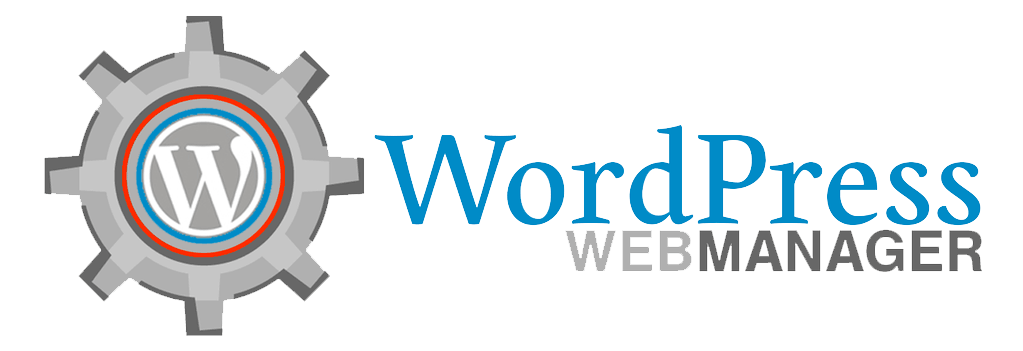WordPress Updates is an important part of WordPress. WordPress is a free and open source content management system that enables anyone with a web browser the ability to publish and manage a wide variety of online content. WordPress allows users to control all aspects of their publishing including creating, sharing and editing media and text. WordPress also includes features such as user and site permissions, payment options and security measures. WordPress is used by many large companies as their preferred system for publishing content online. However WordPress does have its drawbacks such as slow speeds and security concerns.

WordPress Updates is small changes in the WordPress code that execute specific WordPress functions. The word WordPress update refers to WordPress updates which are delivered to your WordPress via your WordPress admin dashboard. WordPress updates can also be applied globally to the different themes and plugins that you use on your site. A major WordPress update will make it necessary to upgrade all of your WordPress files and settings. WordPress does not provide a mechanism for updating individual files or themes on your site.
WordPress offers two primary ways for updating your WordPress files: manually or using a WordPress theme or plugin. WordPress utilizes a system of ‘zones’ which allow you to define what files and themes you can and cannot update. WordPress themes are just simple files that you install on your WordPress server and theme directories. WordPress plugins are larger files that add functionality to WordPress such as search engine optimization or skins. These WordPress plugins generally require to be downloaded and activated before WordPress can update them.
WordPress Updates is divided into two categories: major WordPress updates and minor WordPress updates. Major WordPress updates include things such as upgrades to WordPress themes and plug-ins, the latest version of WordPress itself (WordPress 4.0), and several security updates. WordPress minor updates occur when WordPress users submit their own patches to the WordPress repository. Many WordPress users don’t even realize they are getting updates!
WordPress users who regularly update their WordPress plugins will most likely never experience WordPress Updates. The WordPress plugin ‘Zend PHP WordPress plugin’ is one way WordPress users keep track of updates to WordPress. You can run this plugin on a regular basis to alert you when there is a new version of a plugin in WordPress 4.0.
WordPress users can work with WordPress developers to get the latest WordPress versions and most popular WordPress themes. WordPress support forums are also available where WordPress users can ask questions about WordPress, get answers, discuss issues, and contribute to various open source projects. WordPress support forums are an excellent place to learn about WordPress and become familiar with some of the most popular WordPress plugins. If you want to do just a bit of code work or want to develop a WordPress theme, support forums can be a great place to learn where to find help.
WordPress is very flexible and allows for many different uses, so it’s important to know when to update your WordPress plugins and themes. WordPress users should always test WordPress before publishing a new website, blog, or upgrade all WordPress themes. WordPress automatically updates plugins and themes on your live site when you make any changes to them. If you publish a WordPress site that does not have any WordPress plugins installed, you should always test a new version of WordPress before publishing a new site or adding new themes.
WordPress provides great functionality, but it does require some knowledge of WordPress programming. WordPress supports a large number of plug-ins and themes. If you write a lot of WordPress codes, you may need to spend some time learning how to use the various WordPress options to enable automatic updates of your WordPress plug-ins and themes. WordPress also supports a large number of user generated plug-ins that allow you to perform certain actions on your web pages automatically. These are called “users” and they work in conjunction with WordPress options to enable automatic updates of your code. But if you want to be able to update all WordPress options and install custom plugins, it is recommended that you learn how to use the various WordPress options to enable automatic updates of your WordPress plug-ins and themes.


